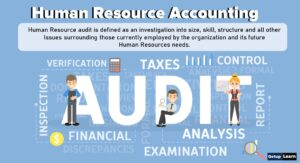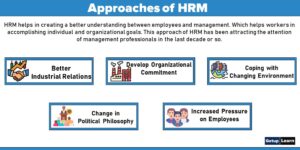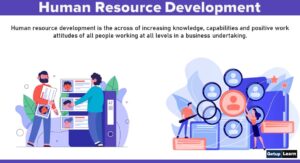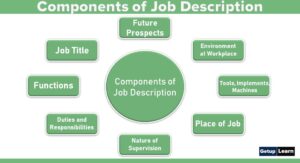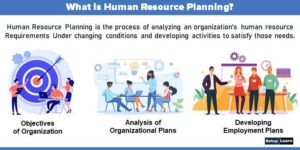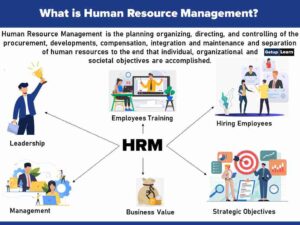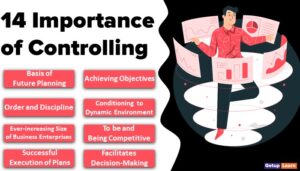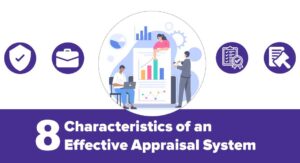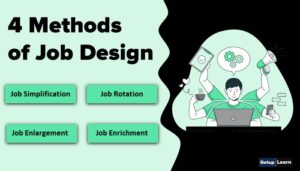Table of Contents
What are the factors affecting human resource planning?
Before an organization undertakes Human Resource Planning, there are many factors that have to be considered by the managers. These factors can be classified as external factors and internal factors. The external factors are those factors that are beyond the control of the organization. The internal factors are those factors that are company-specific.
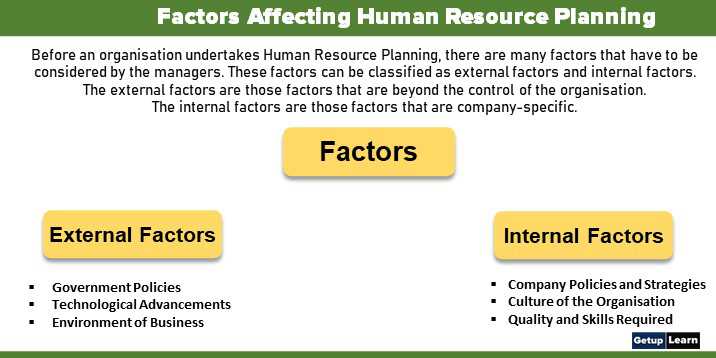
In this, we will be looking at factors affecting human resource planning with examples.
Factors Affecting Human Resource Planning
The following are factors affecting human resource planning let’s discuss one by one in detail:
External Factors
The external factors are those factors that are beyond the control of the organization. These factors include factors such as Government policies, technological advancements, and the environment of the business:
Government Policies
The Government policies regarding factors such as labor welfare, industrial policy, wages and remuneration, the reservation policy for different communities, and other measures affect the human resource policy of the organization. This in turn has an influence on the way the organization undertakes Human Resource Planning.
In case the Government policy regarding any aspect changes, the organization has to alter its strategies and plans so as to follow the amended laws. As a result, the Human Resource Planning procedure is also gets affected.
Technological Advancements
The technology and production procedures that are used in an organization would determine the kind of human resources which would be required in the organization. When the technology which is used in the organization for production improves, the skills of the employees who are working in the organization also have to be updated.
In order to upgrade the skills of their employees, necessary training programs have to be designed. As a result, the Human Resource Planning which is undertaken also gets affected.
Environment of Business
The factors such as competition, the situation in the labor market, the taste and preference of the customers, and the current trends in the domestic and international markets shape the way in which the company under- takes its activities. These also affect the way in which the procedures are undertaken in the organization which influences the way in which the activity of Human Resource Planning is undertaken.
As these factors change, the management may have to alter the way in which the procedures are undertaken and also may have to train the existing employees or appoint new ones. This would significantly influence the manpower planning undertaken by the management.
Internal Factors
The internal factors are those factors that are company-specific. These factors include aspects such as company policies and strategies, the culture of the company, and the type of employees required in the organization:
- Company Policies and Strategies
- Culture of the Organisation
- Quality and Skills Required in the Human Resources
Company Policies and Strategies
Company policies and strategies influence the way in which the company would undertake its activities in order to achieve its objectives. Company policies and strategies also have an influence on which way the human resources would be utilized by the company.
It is very essential that the policies, strategies and Human Resources policies of the company should be in sync with each other. This would help the organization to achieve its goals in a smooth manner. The Human Resource Manager should keep in mind the objectives of the organization while designing the policies of recruitment, selection, and training strategies as these are critical for performing various activities in the organization.
Culture of the Organization
The culture of the organization includes the set of beliefs, values, thoughts, assumptions, and practices shared by the people of the organization. The culture of the organization shapes the personality of the members of the organization as they influence the thoughts, emotions, motives, attitudes, and behavior of the people.
The culture of the organization influences the decision-making pattern of an organization. The way in which people can be motivated also depends on the culture of the organization.
When the culture of the organization alters in any manner due to any reason such as induction of new employees, promotion of certain employees, creation of trade unions, etc. it influences the Human Resources policies as well as Human Resources plans which are formulated by the organization.
Quality and Skills Required in the Human Resources
While formulating the Human Resource Plans, it is very important that the manager considers the number of employees and the nature of skills required in the employees. Factors such as the number of personnel required, skills required, location of jobs, and the structure of the organization influence the Human Resources policies and plan formulated.
For e.g. vacancies that may arise in the lower levels may be filled at a short notice but training programs may have to be designed for them so that they can adjust to the production environment. On the other hand, as the level of position which may fall vacant goes to a higher level in the organization the time required to fill it may increase as the skills required might be specific.
Further, the training program for each level would also be different and so specific plans have to be for- emulated. Due to this, the Human Resources Plans also would be influenced.
Objectives of Human Resource Planning
Human Resource Planning is that activity that ensures that the right people are appointed at the right position at the right time at the cost which is most economical for the organization. The following are the objectives of Human Resource Planning:
- Human Resource Planning assesses the manpower needs of the organization in the future and designs appropriate plans for recruitment and selection.
- It also assesses the skills which would be required of the employees of the organization in the future.
- On the basis of the skills required of the employees of the organization, necessary training programs can be formulated.
- The unnecessary burden of labor costs can be avoided with the help of Human Resource Planning as only the required number of employees would be appointed.
- Human Resource Planning also ensures optimum usage of human resources in the organization.
-
Human Resource Planning also helps the organization cope with technological development and modernization.
- It also ensures that the career of the employees is developed by developing programs that would help in career advancement.
- Human Resource Planning also ensures that labor productivity is maintained by adding the management to motivating the employees in an appropriate manner.
Requirements of an Effective Human Resource Plan
For a Human Resources Plan to be effective, the following are some conditions that have to be fulfilled:
- Human Resources Plans which are formulated should be in accordance with the mission, vision, and goals of the organization.
- Active involvement and guidance of the top management is a very important component of an effective Human Resources Plan.
- There should be no communication gap between all the managers of the organization.
- Accurate records of Human Resources have to be maintained.
- Continuous feedback which is free from any bias is very essential for an effective Human Resources plan.
- The technique chosen for forecasting the demand and supply of Human Resources should be suitable to the situation of the organization.
- The process of Human Resource Planning should be simple to understand and easy to operate.
What are the Factors Affecting HRP?
External Factors: Government Policies, Technological Advancements, Environment of Business. And Internal Factors: Company Policies and Strategies, Culture of the Organisation, Quality, and Skills Required in the Human Resources, etc.

